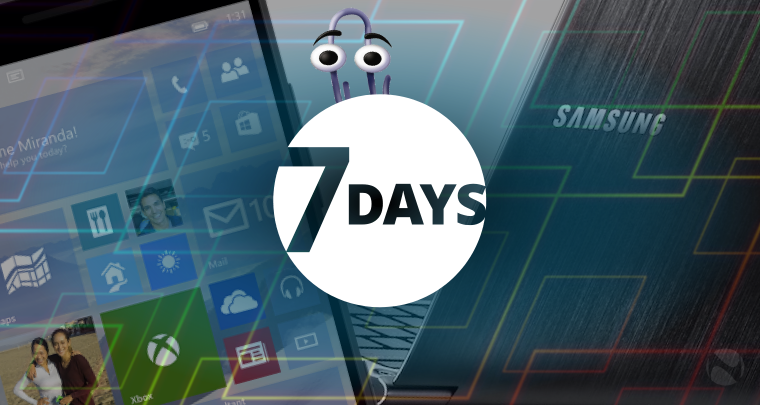It's been another exciting week across the tech world, crammed full of new devices, intriguing rumors, and even a few surprises. But the weekend is upon us again, and that means it's time to grab a mug/glass/stein of something delicious, sit back, relax, and let 7 Days guide you through the week's top tech news.
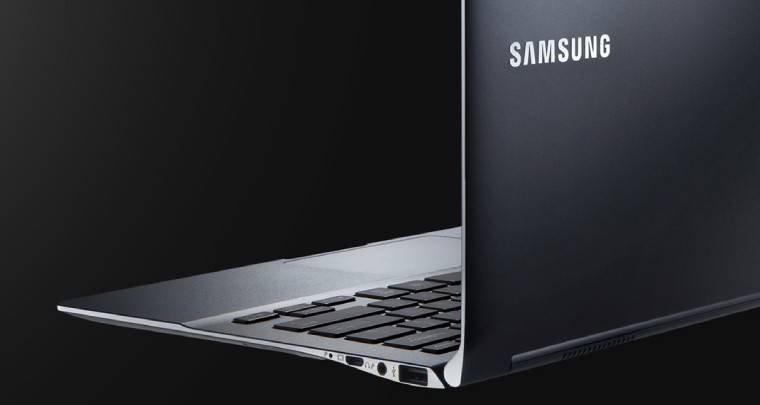
We begin with quite an eyebrow-raiser, as it emerged earlier this week that Samsung has deliberately disabled Windows Update on some of its devices, in favour of its own 'SW Update' tool.
Samsung initially made a bizarre statement denying that it had 'blocked a Windows 8.1 update' - something that no-one had accused it of doing. But it has since stopped playing dumb, and said that it will issue a patch "to revert back to the recommended automatic Windows Update settings within a few days". How nice of them.
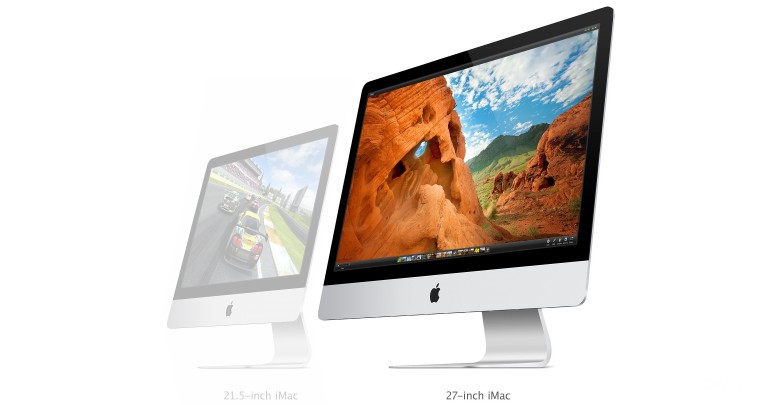
Apple announced on Monday that it is launching a replacement program for the 3TB hard drives sold in its 27-inch iMac between December 2012 and September 2013, after it "determined that a very small number [of the drives] ...may fail under certain conditions".
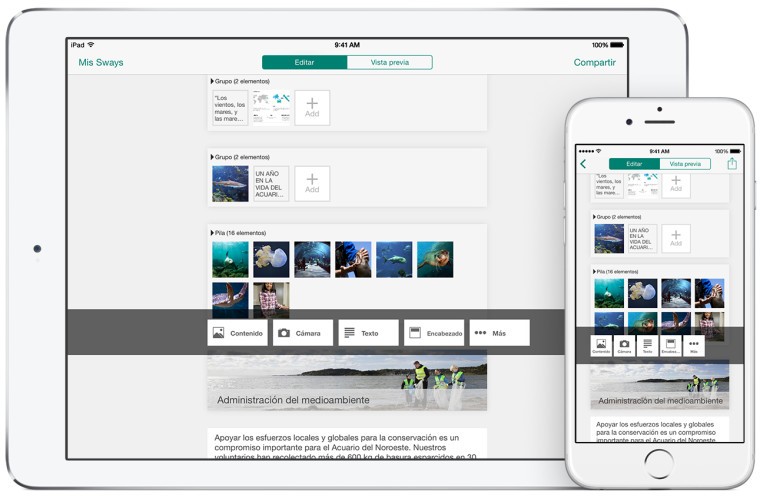
Microsoft's Sway is one of the newest additions to its Office platform, allowing non-technical users (especially those intimidated by the more complex PowerPoint) to easily create and share digital content and presentations that can be viewed on any screen. This week, Microsoft rolled out a Sway app for Apple's iPad, and it will launch a Windows 10 version later this summer.
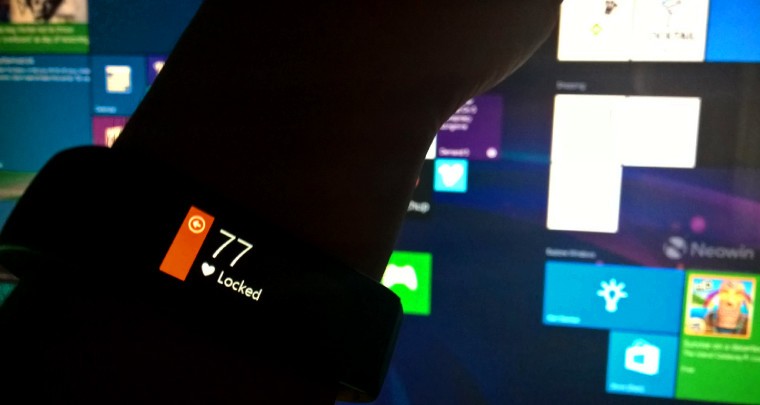
MIT Technology Review published an article this week revealing the results of a recent test, in which the heart rate monitor on Microsoft's Band wearable device was found to be considerably more accurate than that of Apple's Watch. Indeed, the Watch is said to have given readings that were off by up to 77 beats per minute.
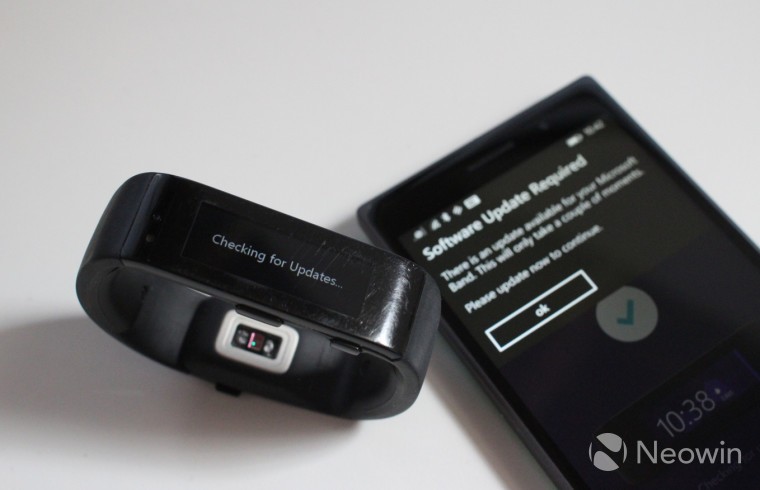
Microsoft rolled out a new firmware update for its Band on Tuesday, but don't get too excited - the changelog reveals that it delivers nothing but 'general fixes and improvements'.
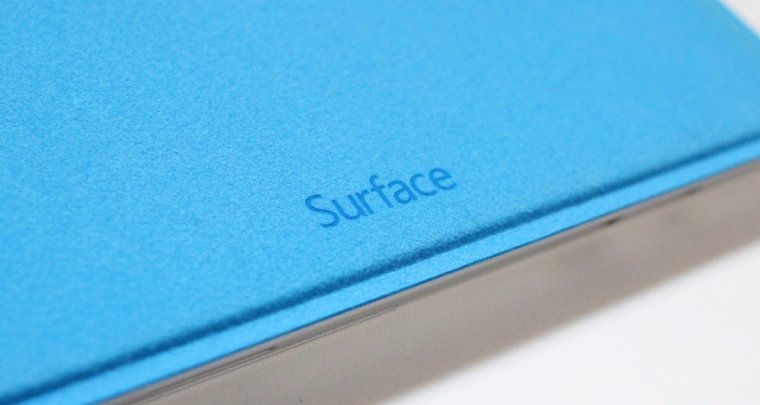
The company also rolled out new firmware for its Surface 3 and Surface Pro 3 tablets, along with a range of driver updates for both devices.
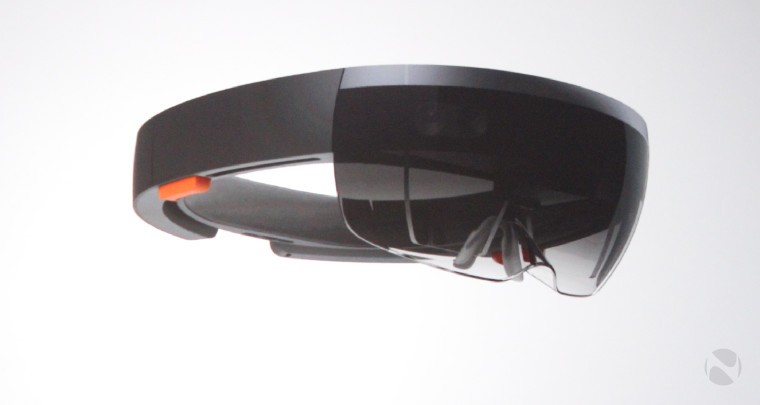
Microsoft announced this week that it is sending its HoloLens augmented reality device to the International Space Station on June 28. The company is working with NASA to see how the AR headset can help to make things easier for crew on the station.
Microsoft also released a new video showing HoloLens in action, in a demo that Neowin got to try out back at Build 2015.
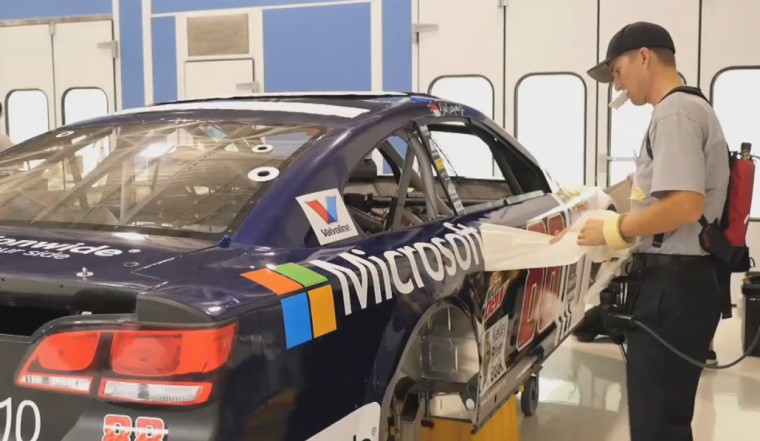
From NASA to NASCAR... as Microsoft announced this week that it is now an Official Technology Partner of the popular US racing series. Both NASCAR and 11-time Sprint Cup Series champions Hendrick Motorsports will adopt Windows 10 and Microsoft Azure, using them to improve their performance both on and off the track. Microsoft will also be supporting one of NASCAR's top drivers, Dale Earnhardt Jr, as primary sponsor of his No.88 Chevrolet SS in upcoming races.
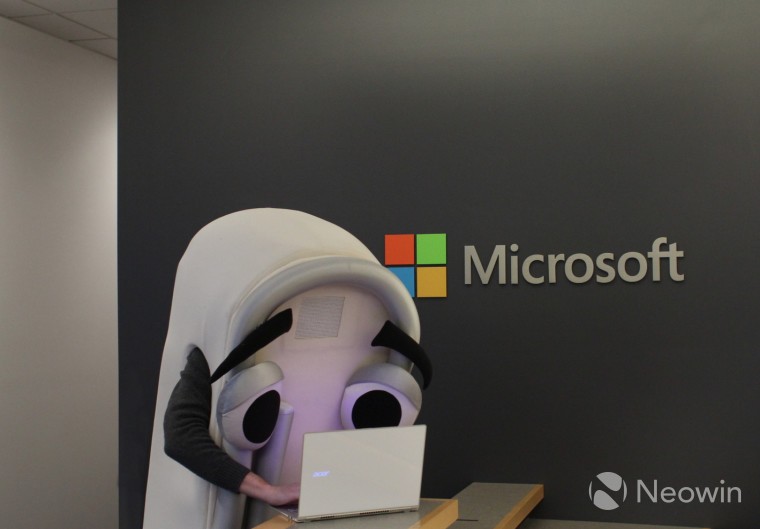
It emerged this week that, many years ago, Microsoft ignored feedback from focus group testing of its Office Assistants, including the forever-annoying Clippy. The feedback indicated that these Assistants were perceived by many as being too masculine and patronizing - but the company's male-dominated managerial structure at the time decided to ignore the focus group data and push ahead. Of course, these days, many digital assistants - like Cortana and Siri - are female. Funny how things turn out.
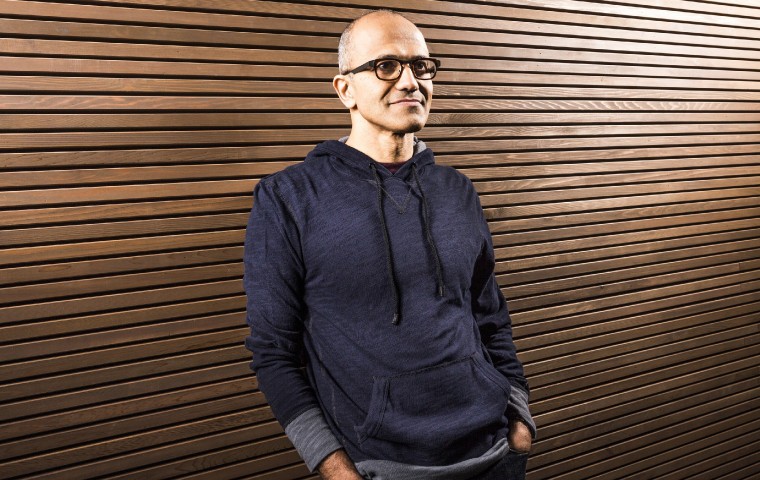
Microsoft is quite a different company now compared with a couple of decades ago, and it continues to evolve. This week, CEO Satya Nadella sent out a company-wide email discussing Microsoft's new mission statement - but somewhat ominously, he also referred to the need to "make some tough choices in areas where things are not working". Some fear this could hint at cuts on the way to its Lumia range, given Windows Phone's pitifully low global smartphone market share of just 3%.
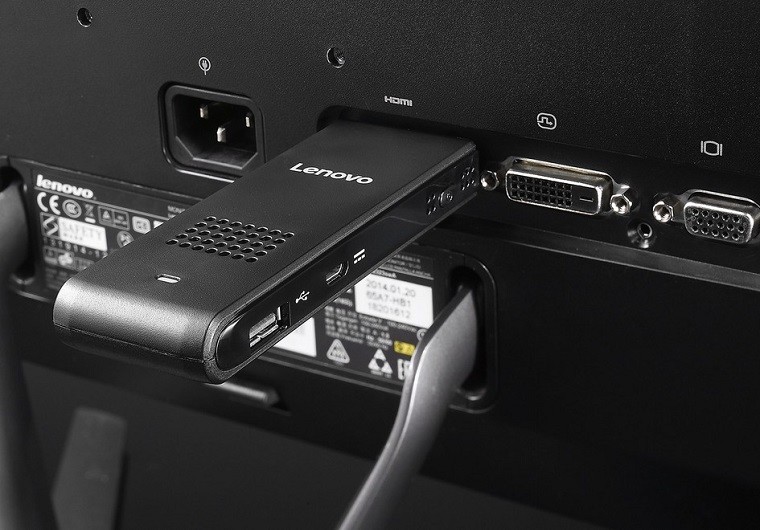
The versatility of Windows 10 - which is designed to be installed across an extraordinary range of devices - has made manufacturers more eager to try out form factors that they've not previously considered. One example is Lenovo, which announced its new Ideacentre Stick 300.
Other OEMs have released similar devices, but this is a new one for Lenovo, cramming a low-end PC into a dongle-sized case that plugs into any HDMI-equipped display. For just $129, you get a basic Windows 10 PC that you can stick in your pocket, although there are limitations to this form factor.
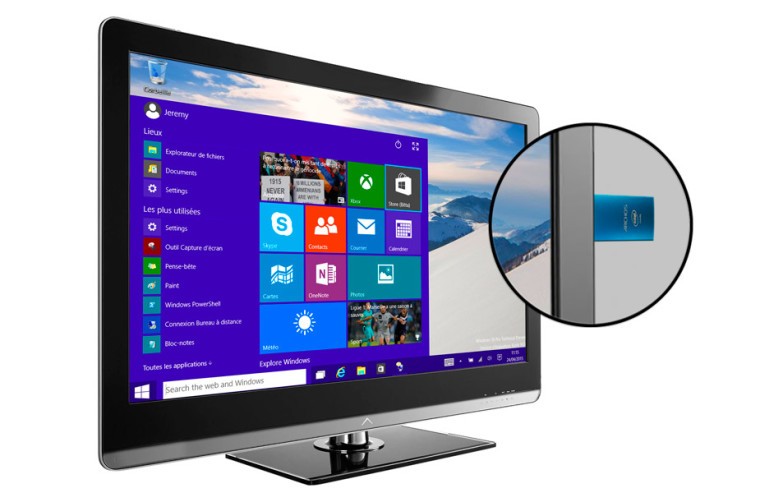
Archos announced a similar device this week, with near-identical specs to the Lenovo, but in an indulgent frenzy of marketing hyperbole, the company claimed that its device is "the ultimate portable computer". Let's face it, it's really not - but it is $30 cheaper than the Lenovo, so that's something.
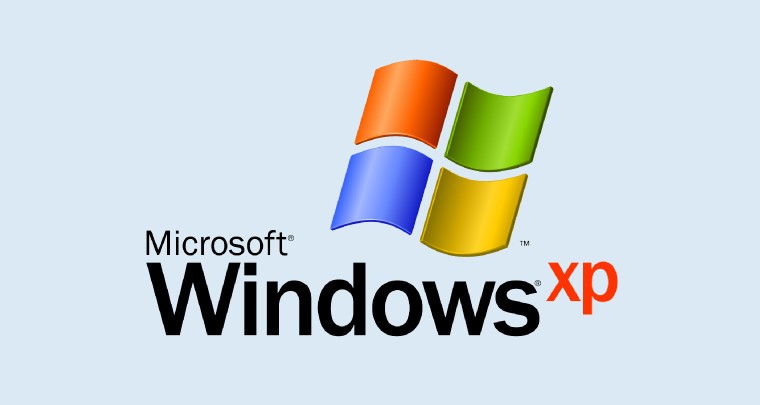
The US Navy has signed a $9.1 million deal with Microsoft to provide extended support for Windows XP, Office 2003 and Exchange 2003. The company ended support of these ancient products ages ago - and it gave the entire world more than enough notice when it was planning to do so - but apparently the US Navy didn't have time to get around to it, or something, which is why they're now spending taxpayers' money on extending support for obsolete products that will have to be replaced soon anyway. *sad trombone*
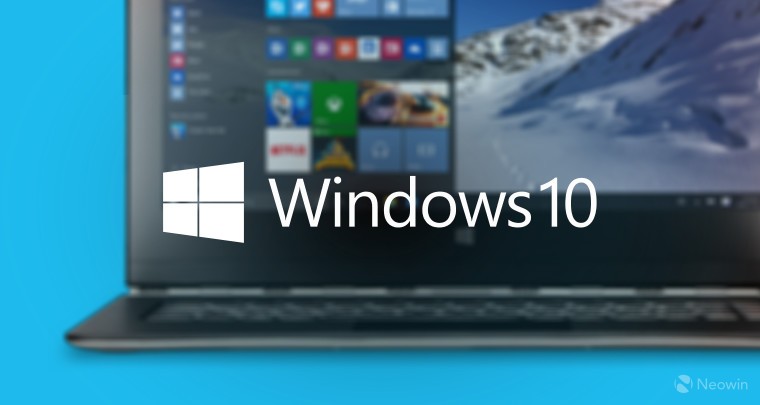
There's been a good deal of frustration this week over the confusing way that Microsoft has recently communicated details about Windows 10 licensing. It initially appeared to state that anyone would be able to get a fully activated Windows 10 installation as long as they were signed up to the Windows Insider program - but the company later changed its blog post to remove some text, and add the clarification that only Windows 7 and 8.1 users can legitimately upgrade to Windows 10 in this way.
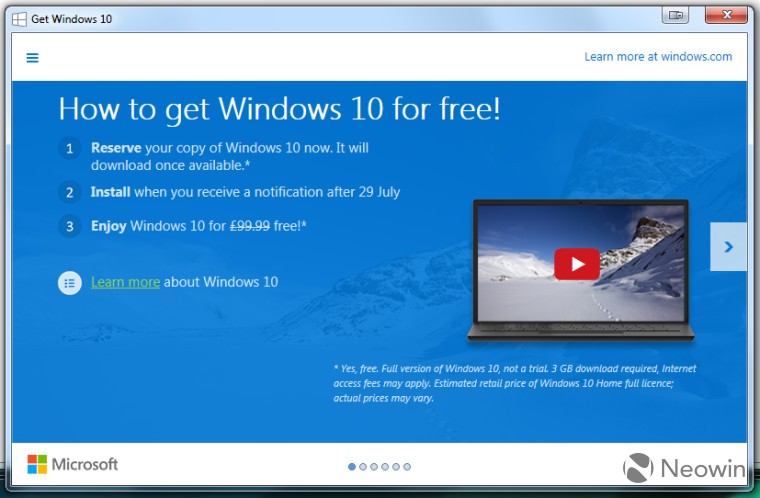
Microsoft also revealed the first details of how much it will cost to buy a standalone Windows 10 Home license internationally for those on XP or Vista, or who are building a new system. It had previously only revealed pricing in the US.
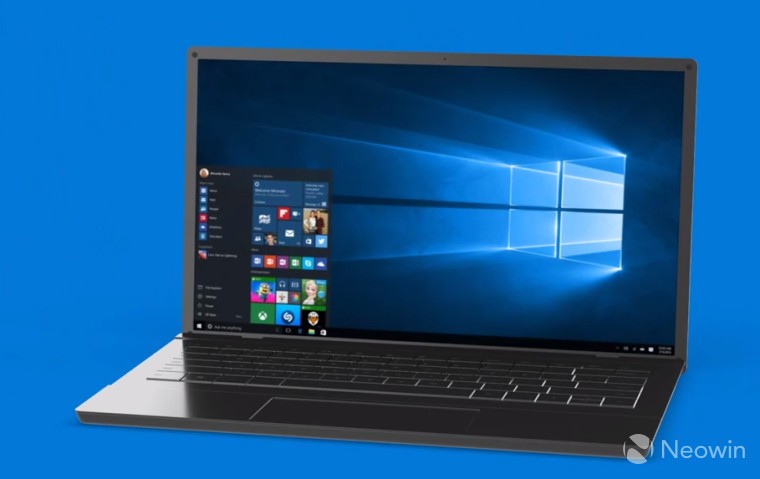
It also unveiled its new 'hero' desktop wallpaper for Windows 10 - the default background that users will see when they boot up their PCs for the first time. While you might assume that it's just a pretty Photoshop effort, Microsoft actually used lasers, fog, LEDs and other physical effects to capture the image as a photograph.
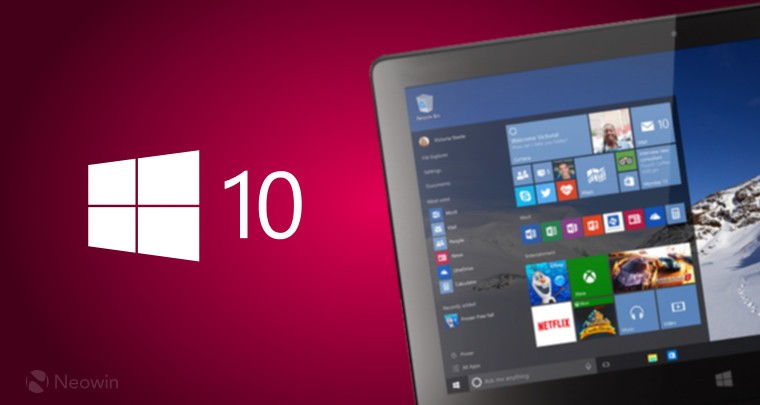
Documentation for the new-but-unreleased Windows 10 build 10154 leaked on Friday, as did various screenshots captured in that build.
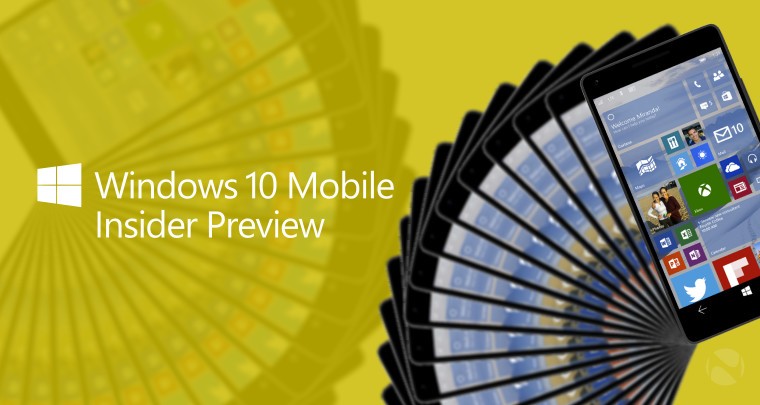
For those testing Windows 10 Mobile, Microsoft rolled out its second new build in just over a week:
- Windows 10 Mobile Insider Preview build 10149 is now available
- What's new in the latest build
- Known issues in build 10149
The even newer Mobile preview build 10151 also made an appearance in a video this week, showing performance improvements and new app animations.
Microsoft is expected to sign off the RTM build of Windows 10 sometime in the middle of next month, ahead of its July 29 launch. That will free up some resources within the company to allow it to focus more on getting Windows 10 Mobile ready for its launch later this year.
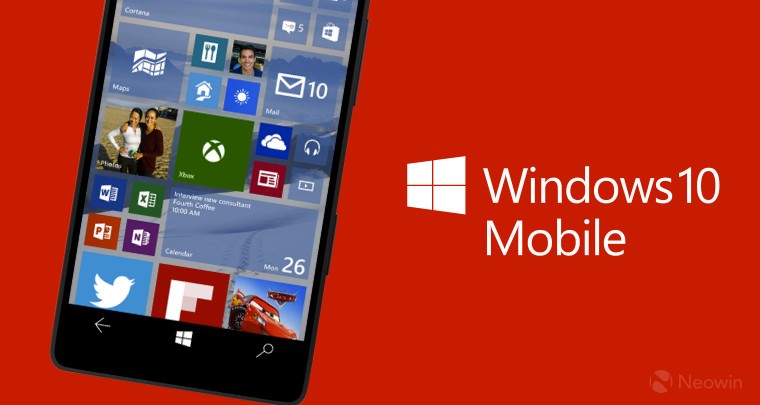
Microsoft promised earlier this year that it would launch "best in class Lumia smartphones, powered by Qualcomm's Snapdragon 810 processors", and it seems that one of them was recently spotted on the AdDuplex network. A report also claimed to have 'confirmed' the high-end specs of the new Windows 10 Mobile flagship, known as 'Cityman'.

Industry analysts at Canalys revealed this week that Windows Phone sales in the UK increased by 32% year-on-year last quarter - not bad, considering the UK smartphone market declined as a whole by 1.5% over the same period.
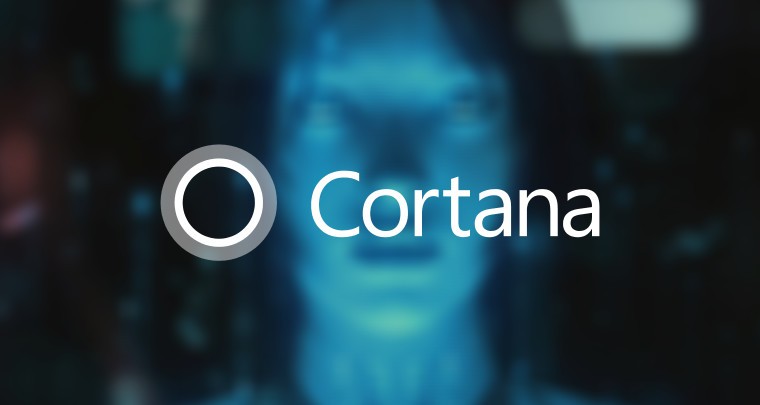
Windows digital assistant Cortana will soon be able to speak French, as Microsoft announced that it will launch in France in beta form later this year. Oh là là!

French carrier SFR revealed this week that it plans to release Windows 10 Mobile updates for its current range of Lumia handsets in October or November of this year, giving us our first 'official' indication of when the new mobile OS will actually be released.
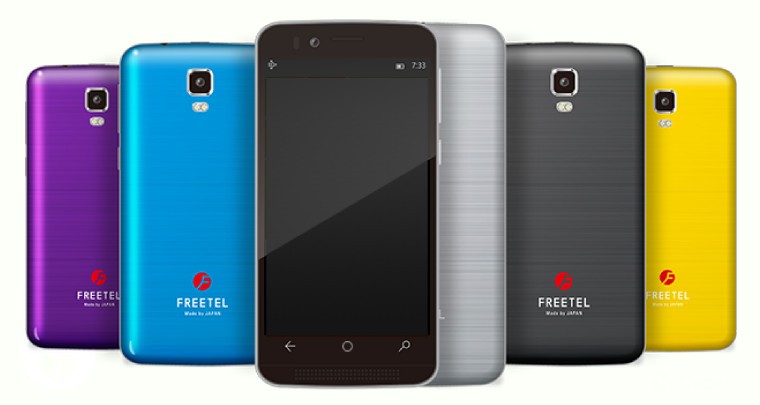
Over in Japan, Freetel unveiled two new handsets that will launch with Windows 10 Mobile later this year. The Katana 01 is aimed at the low-end of the market, while the Katana 02 appears to be a mid-range offering with a 5-inch HD display.
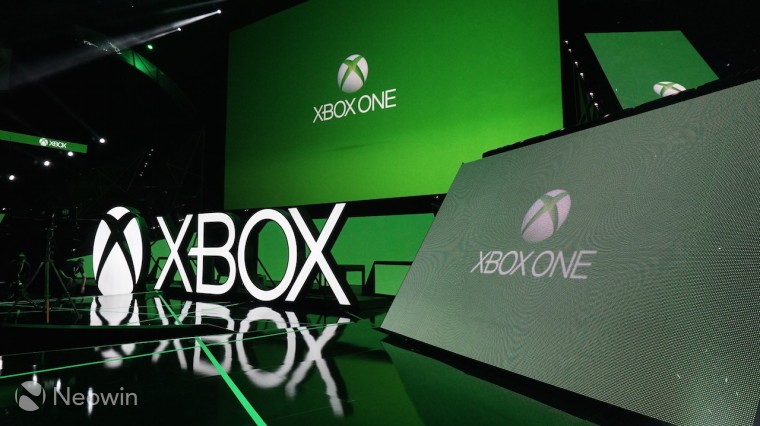
Meanwhile, Japanese sales of Microsoft's Xbox One console have been doing very badly indeed. Sales data indicates that the company sold just 100 Xbox Ones there in an entire week this month - that's an all-time low, and just 0.92% of the 10,822 PlayStation 4s that Sony sold in its home market during the same period.
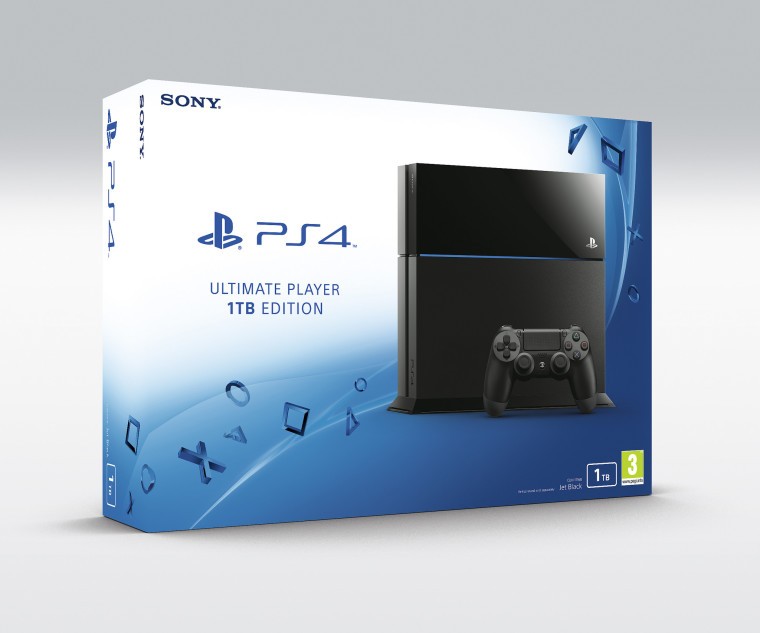
Sony unveiled a new version of its PlayStation 4 this week, although the improvements are hardly exciting. The console is now 10% lighter and uses 8% less power, and a section of glossy bodywork has been replaced with a matte finish. Slightly more exciting is the new 1TB PS4 that Sony also announced - although we can't help but cringe a bit at the 'Ultimate Player Edition' name.
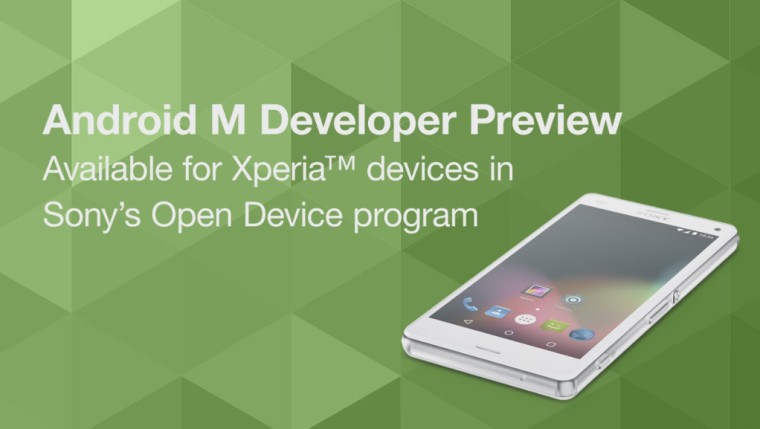
Sony also announced that it is rolling out the Android M Developer Preview to some of its Xperia devices - but while Google rolls out complete Android factory images for its Nexus devices, Sony isn't making things quite that easy.
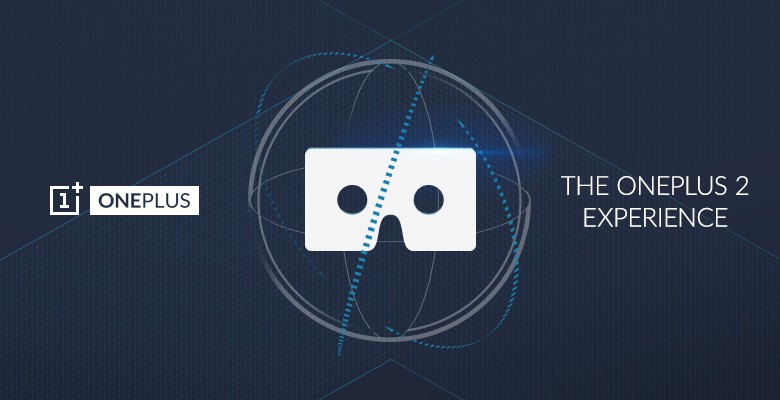
The OnePlus 2 will be unveiled on July 27, but it won't be a 'traditional' product launch - instead, the company will be holding the launch in virtual reality, and is producing its own 'improved' version of Google's Cardboard VR headset to allow OnePlus One owners to watch the event.
It also said this week that the new device will feature a USB Type-C connector, again with its own unspecified "improvements".
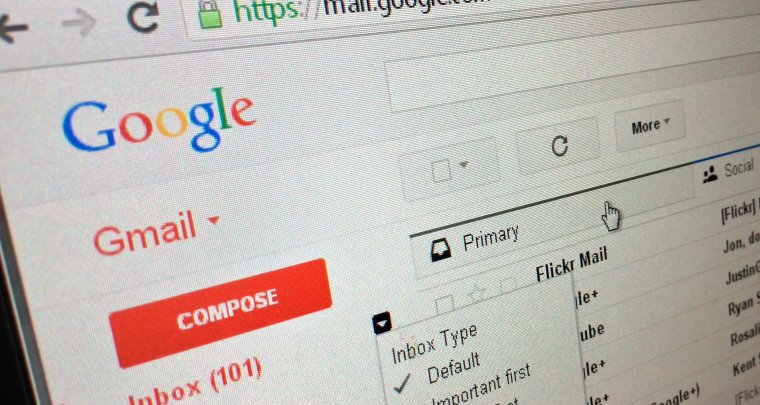
Google rolled out its 'undo send' feature for Gmail on the web this week, allowing you to quickly stop an email from flying out of your inbox, preventing those awkward moments where you accidentally send embarrassing and/or disturbing photos of yourself to your boss.
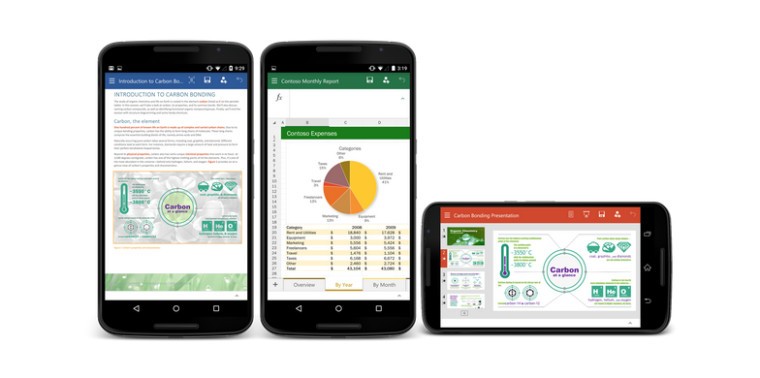
Microsoft peeled the 'preview' label off its new Office apps for Android phones this week - the new apps are now available for anyone on Android 4.4 or above to download from the Google Play store.
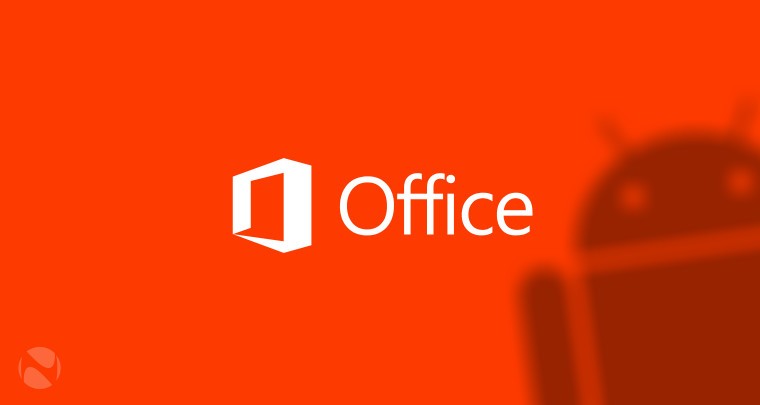
However, Microsoft also said this week that it is ending support for its Outlook app on older Android devices. From July 31, anyone using versions of Android older than 4.0 Ice Cream Sandwich will no longer have app-based access to Outlook.
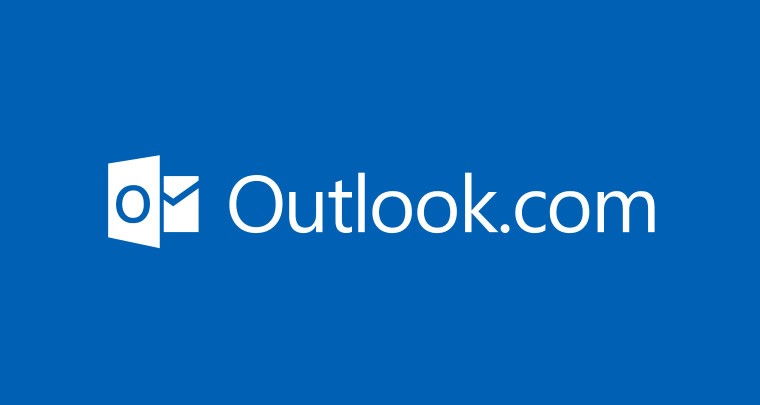
Meanwhile, Skype on Outlook has driven Neowin's senior North America editor Brad Sams to the point of insanity. In an editorial this week, he laid into Microsoft over its infuriating integration of Skype into Outlook.com, saying that it "isn't just bad, it's embarrassing".
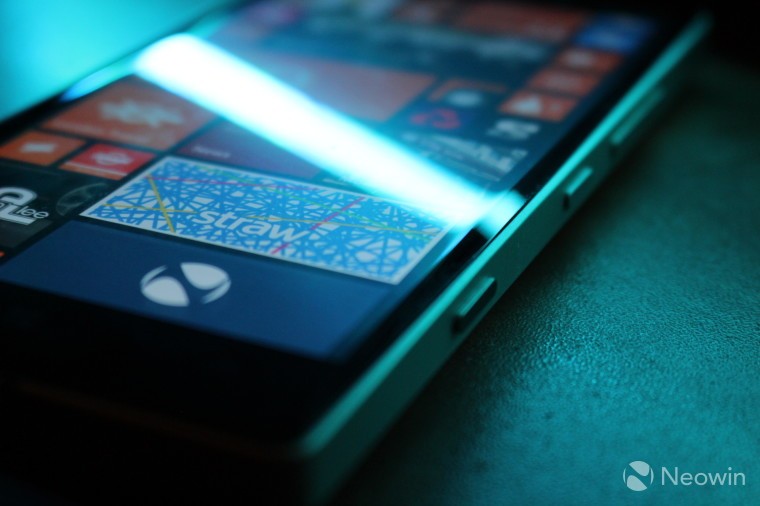
Polling app Straw reached version 2.0 this week, and while it's not actually a Microsoft app, it has been developed by a bunch of Microsoft employees, including Ben Rudolph, better known as 'Ben the PC Guy'. I had a chat with him about the 2.0 release, which now includes the ability to poll people on any topic around the world.
And before we wrap things up, be sure to have your say in our latest reader discussion, in which Neowin senior editor Vlad Dudau asked: "With only a month left before launch, will Windows 10 be ready in time?"
